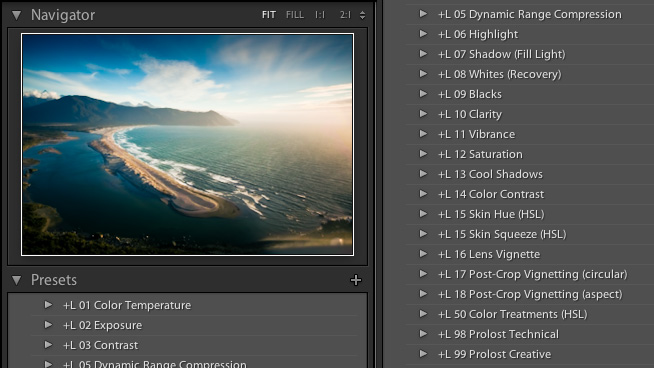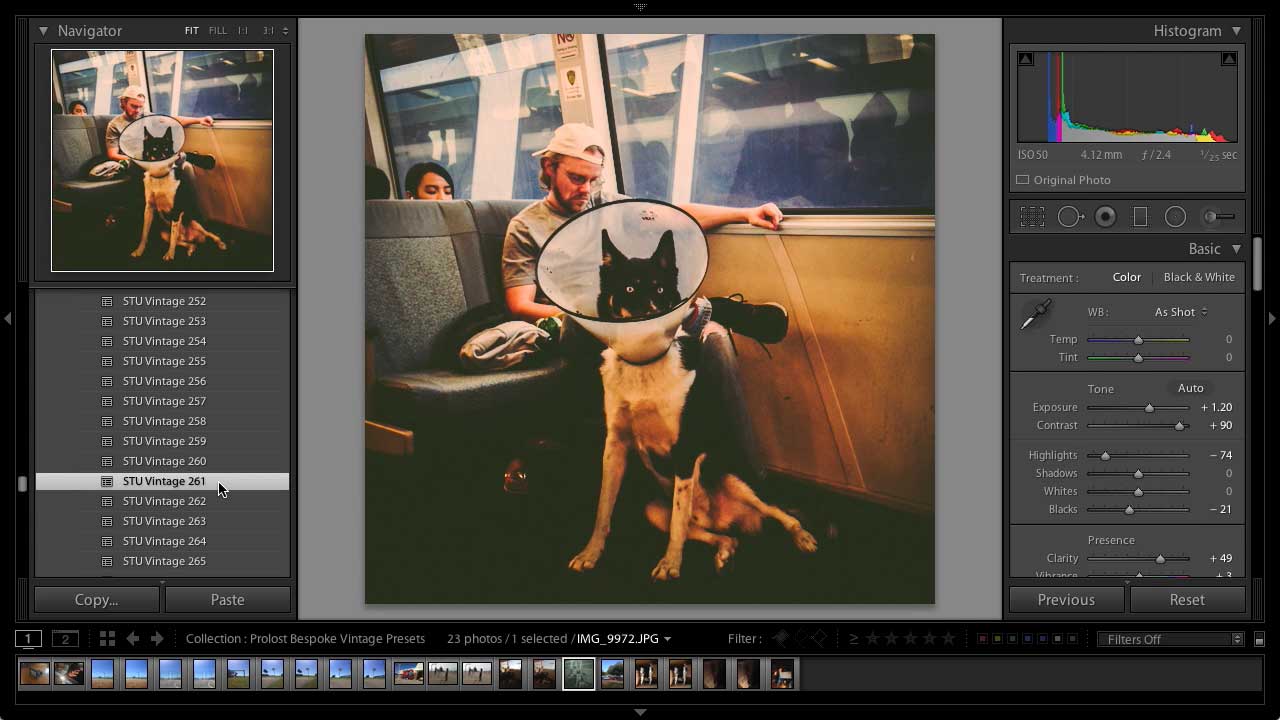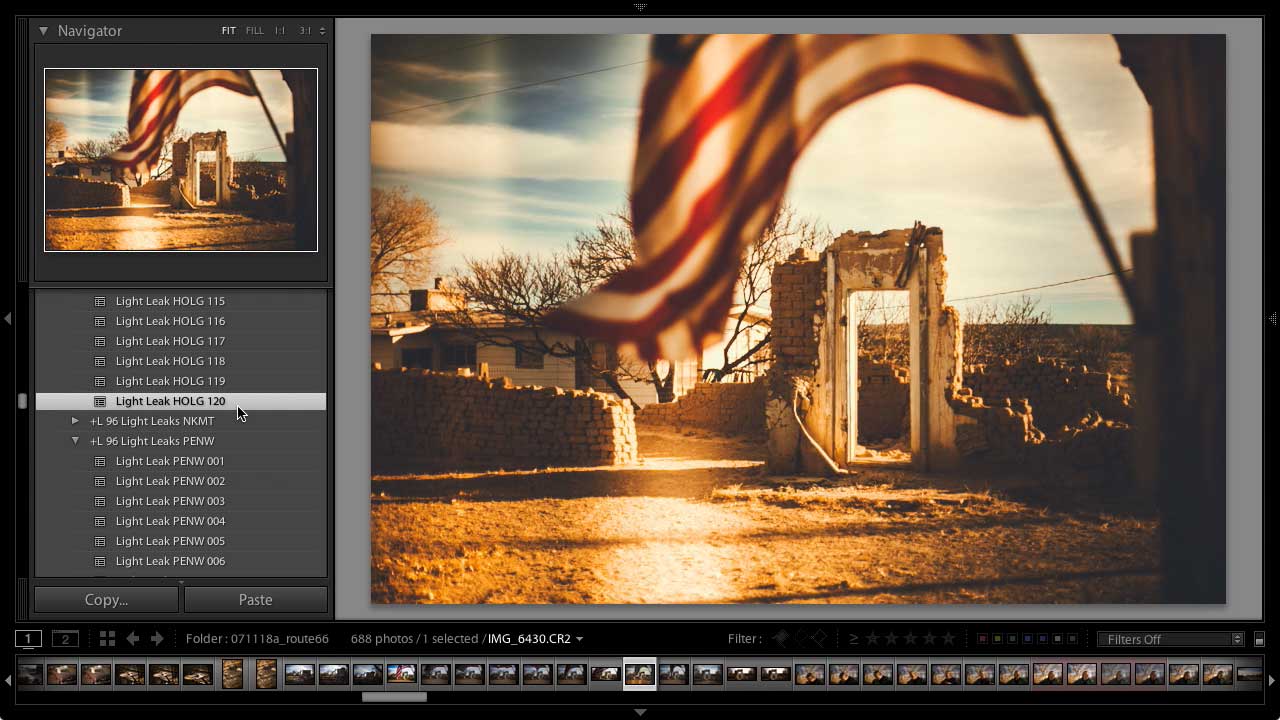A few years ago, I started a long-form writing project. Some might call it a “book,” but “books” need to get finished, and this, clearly, was not such a project — otherwise you’d have heard of it.
I began the project in Scrivener, an app with a devoted following of which I was a member. Incredibly powerful, and with a multi-document, structured approach designed specifically for book writing, it seemed the perfect choice.
Scrivener saves its own file format, called .scriv, which is essentially a folder full of files. The text itself is stored in multiple RTF files, which is an open format, but the writer never sees these files, and the glue that binds them together is understood only by Scrivener.
Back in 2011, iOS writing apps couldn’t work with RTF, so if you wanted to write on your iPhone or iPad, you need to use plain text. The lovely folks who make Scrivener knew that we wanted to edit our “long-form writing projects” (sticking with that) on the go, so they created what I’ve come to realize is the customary Scrivener solution to the problem: A huge amount of clever engineering, and an inscrutable, tutorial-requiring user interface for automatically dumping your work to text files each time you close the project. These text files are examined every time the project is opened, and any changes are synced into the project. Only the differences are edited in, so any non-plain-text-compatible formatting, such as italics and headings, remains unclobbered—as long as it isn’t in the paragraph you edited remotely.
I did this for a while, but you’ll never guess what happened. I started clobbering a lot of italics. Every time I opened Scrivener, I would compulsively examine all the synced-in changes, and recreate any special formatting that had been lost. It was distracting and counterproductive. I was working to support the system, instead of the other way around.
Writers Held Prisoner
I became so frustrated with this that I decided to abandon the robust support structure of Scrivener, and try a sip of the Apple Kool-Aid. I had iWork on my iPad and my Mac, so I moved my document to Pages. This process kept me busy with formatting fixes, but eventually I had all my words in one .pages file. In early 2011 there was no iCloud document syncing, but I imagined I’d be OK with emailing the document back and forth to myself. In 2011.
I immediately experienced problems. First, Pages is a bizarre experience on iOS. As a WYSIWYG app, it must show you the correct fonts and paragraph widths. This means that your text cannot be displayed in a typeface and size optimized for a smaller device, which makes for an awkward user experience involving awful things like side-scrolling.
Then I began to notice problems with the writing I’d been doing on the iPad. On the Mac, Pages would automatically convert my straight quotes to curly as I typed. The iPad version did not do this. As you can imagine, this meant that I’d obsessively correct the iPad quotes to curly, manually, every time I opened the file on the Mac. Because writing.
Worse still, iOS would convert my document to a variation of the Pages format suffixed .pages-tef. These files broke some things from regular .pages files. If you like horror stories, you can read all about these conflicts here and here.
At this point I decided that writing a long-form project might not be for me. I’m not kidding.
Developers Held Prisoner
In February 2010, Scrivener’s Keith Blount wrote 8,100 words about why they wouldn’t be creating an iPad version.
Scaling Scrivener down... would be a massive feat in itself. It may sound simple – just do less! But it doesn’t work like that. And would a scaled-down version of Scrivener even be Scrivener?
But in December 2011, he announced that they would be creating Scrivener for iPad, and even showed a screenshot. Some bumps in the road later, they began to reveal that Scrivener for iPad wouldn’t be scaled-down much at all.
The most recent update on their blog indicates that they hope to release Scrivener for iPad sometime in 2015.
I don’t mean to pick on Scrivener. In fact, I am beyond grateful to Keith for being so open with his team’s trials and tribulations. I certainly learned a lot from his experiences. The most cautionary part of it all for me was that Keith felt that a stripped-down version of Scrivener would not fly with his users, on any platform. It seemed to me that his own answer to the question he posed in 2010 was: no, a scaled-down version of Scrivener would not be Scrivener.
In the screenwriting world, Final Draft seemed to make the same decision. After exhaustively poling their users about what they’d be willing to give up in a mobile version of their controversial app, the results came back decisively: we want it all. In my review, I called the result “10 pounds of app in a 1.5-pound bag.” I’ve never used it since.
The Monster of Words
Who would have thought that simple words on a page would be so painful to move from platform to platform, app to app, device to device? Proprietary file formats are inherently complex. Just read poor Keith’s description of how hard it is to safely sync a Scrivener file between Mac and iOS. Or John August’s hoop-jumping to rescue old Final Draft files.
Apple is never one to be held prisoner, even by their own past. Their solution to break free of the Mac/iOS syncing problems they created for themselves with iWork was to dumb down the capabilities of the Mac apps to match those of the iOS versions, and break compatibility with older files.
Proprietary file formats make writing suck.
You’ll Never Guess Where This is Going
Recently, I dusted off that Pages file and exported it as plain text. I pasted that into smaller .txt files, one for each Chapter. These files were actually created for me by Leanpub, a service that publishes long-form... oh, hell, it publishes books. It’s also free to use however you like, even without using its publishing service. It has an online engine that converts plain-text to popular eBook formats like .epub and .mobi, and the syntax you use for things like italics and links is, of course, Markdown.
These Markdown files can be edited anywhere, on any device. You’ll never corrupt or break them. They are future-proof, and infinitely portable. And they sync like butter.
Tools for the Plain Text Writer
Although I remain a huge fan of Byword for plain text writing on Mac, it does emphasize a single-document model. Other apps exist that strive to bring that scrivener-like multi-document navigation to plain text. My first thought was to try Ulysses III for this, but its document handling model confused me and added extra characters to my files, breaking the Leanpub export process.
Then I remembered Write. It allows you to add a folder to its left-hand sidebar, and then navigate the contents. Unlike Ulysses, it doesn’t try to hide the plain text experience from you. It’s perfect for my needs, and it’s $10.
But my point here is not that Write for Mac is the perfect writing tool. My point is that the agnostic nature of text files allowed me to find the perfect writing tool for me, for this project, today. In the future, Write may be no more, but another app will take its place, and I won't have to reformat a thing.
Freedom and the Future
I have a screenwriter friend who graciously turned down my offer of a free copy of Slugline.
He’s perfectly happy in Final Draft. He knows it’s not great, but that doesn’t bother him. He’s “not very technical.” Slugline solves two problems he doesn’t have: he’s not prone to distraction, and he’s not overly annoyed by Final Draft.
Until last week, that is, when he spent an entire day troubleshooting a corrupted Final Draft file.
When we launched Slugline, I wrote a blog post there called The Right Amount of Simple. The basic idea is that WYSIWYG writing apps present a simple facade that requires a surprisingly complex back end — and that complexity can bite you in numerous ways, adding cognitive load at best, and at worst, suddenly creating a user experience so complex that it can actually stop you from working.
Maybe it’s a new version of your favorite writing app that won’t open your six-year-old files. Maybe it’s a years-long delay in a compatible mobile app. Maybe it’s a corrupted file.
What I’ve observed is that “not very technical” people wind up going through incredibly technical contortions to protect the illusion of simplicity feigned by WYSIWYG writing apps. Just ask my buddy about peeling his writings out of a malformed XML dump.
Now that my long-form writing project is in simple, plain text files that I can edit anywhere, I once again feel joy every time I open it.
Maybe I’ll even finish it one of these days.











